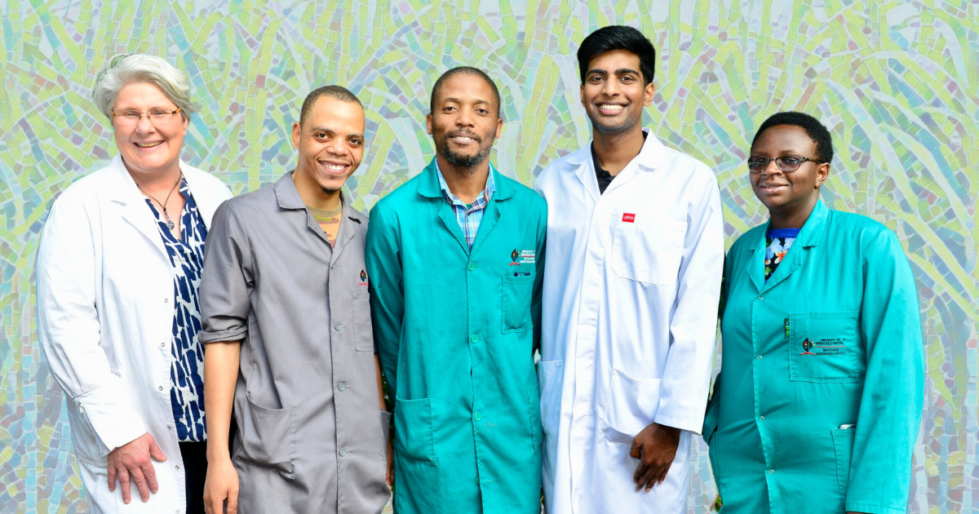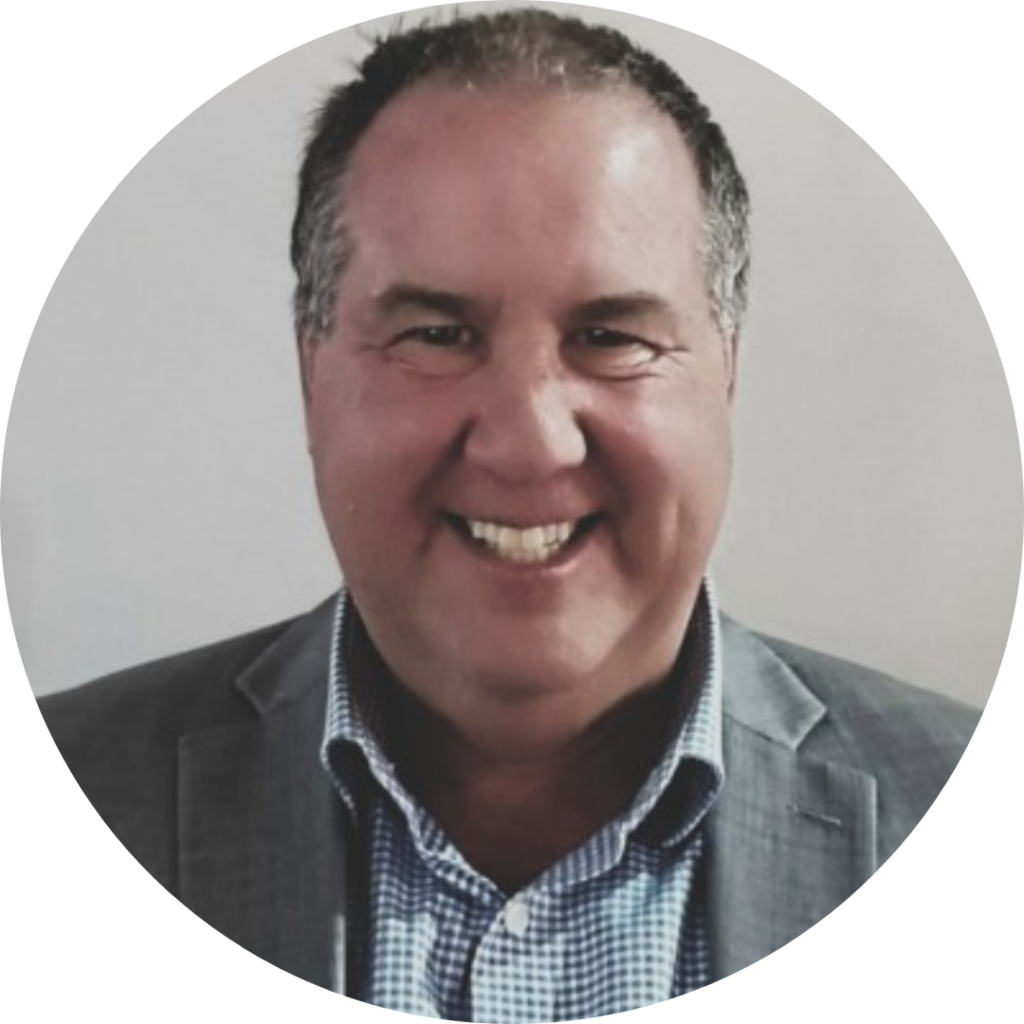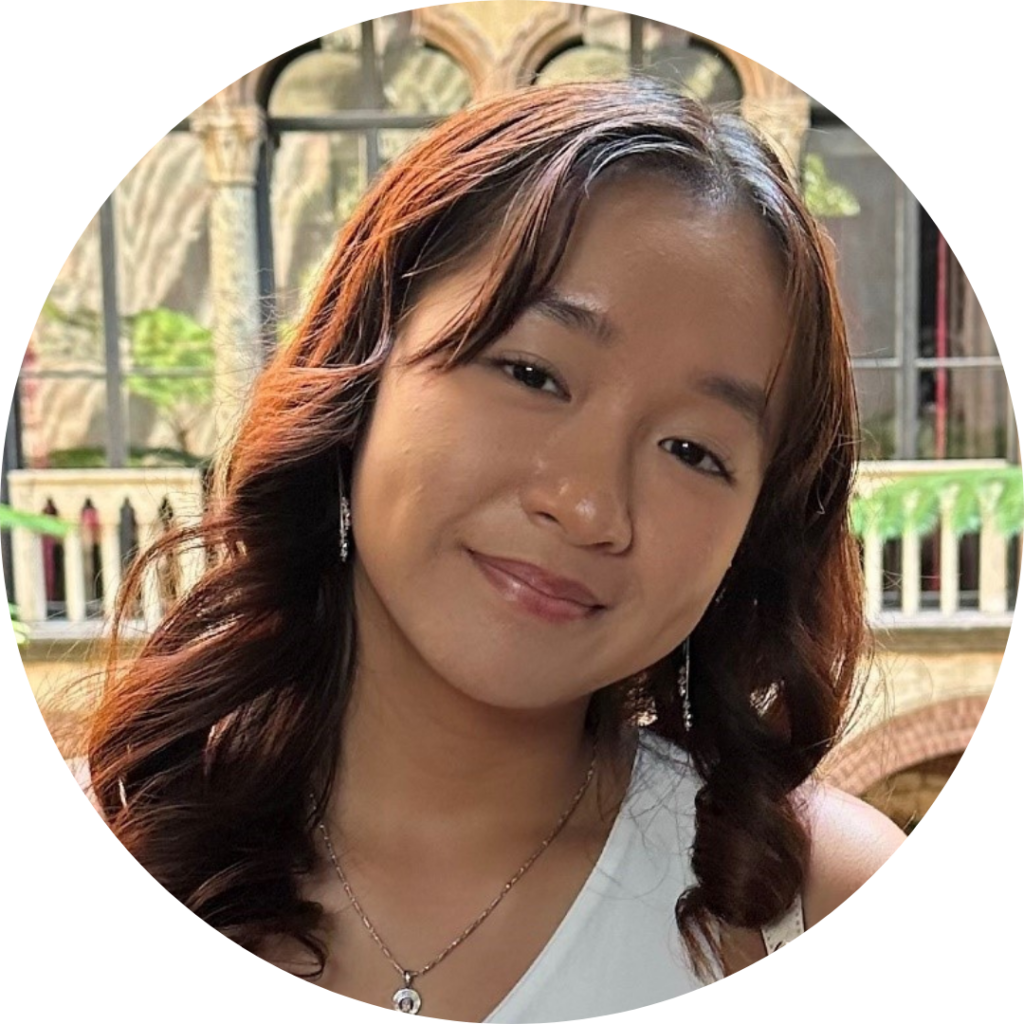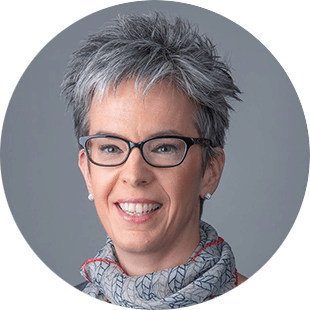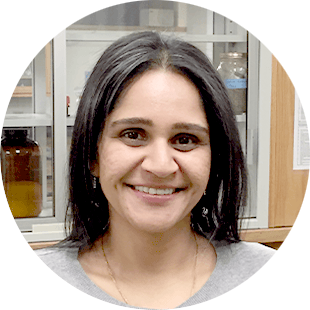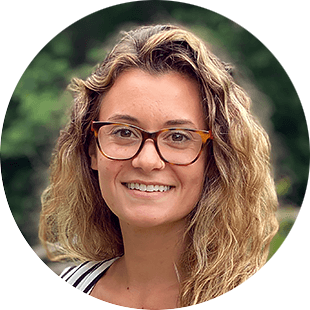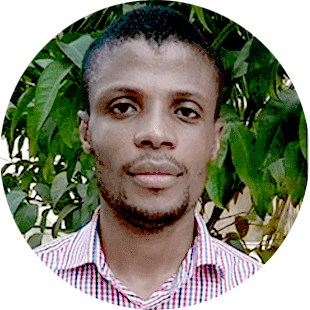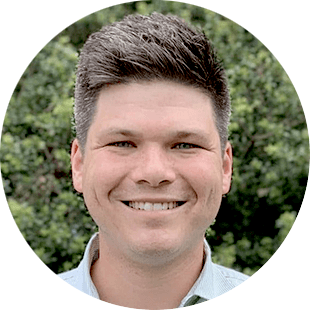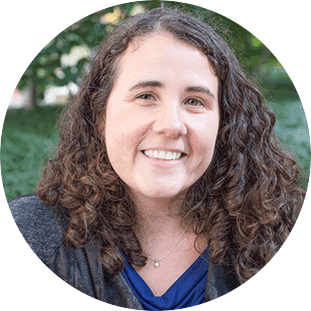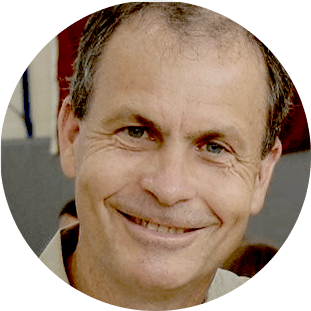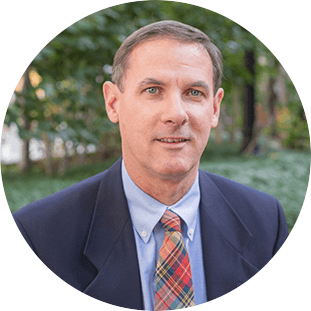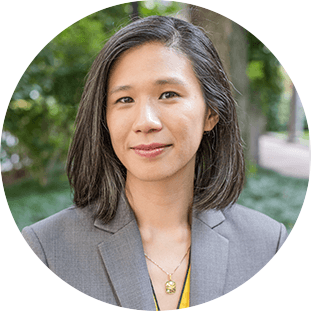Above: In South Africa, Dr. Annegret Stark (far left) and graduate students at the University of KwaZulu-Natal are working on using sugarcane biowaste to make new, sustainable products.
Some scientists are driven by curiosity or the passion of solving the world’s biggest problems. But for Dr. Annegret Stark, PhD, it isn’t enough to work in chemical engineering, a field that can produce world-changing innovations.
Rather, she is pulled to innovate in ways that improve the lives of people living and working in South Africa.
Dr. Stark, a professor at the University of KwaZulu-Natal in South Africa, shows this commitment by working to support one of South Africa’s most important sectors: the sugar industry.
In her role as a Research Chair for Sugarcane Biorefining, co-funded by the Sugar Milling Research Institute NPC in collaboration with the National Research Foundation through the South African Research Chair Initiative (SARChI), she dedicates her time and talent to supporting the sugar industry’s innovation efforts.
The provinces of KwaZulu-Natal and Mpumalanga are the heart of South Africa’s billion-dollar sugar industry.
The livelihoods of more than 1 million people depend on this industry, but in recent years, any excess sugar produced but not consumed domestically creates a conundrum.
“Any sugar we can’t sell locally we have to sell on the world market below the cost of production,” Dr. Stark explains.
Between 25 and 40% of South Africa’s sugar is exported at below the cost of production every year, to the detriment of thousands of local growers as well as the milling companies who depend on the income.
In addition to the excess of available sugar, Dr. Stark focuses on bagasse, the straw-like residue remaining after sugar is extracted from sugarcane.
For her, the bagasse is yet another potential feedstock to turn into bioproducts. An estimated 6 million tons of bagasse are produced as a by-product of the industry, but not all of it is required to provide energy for the sugar milling and refining processes.
Building a Bridge Between Academia and Industry
Is there a better way to use the excess sugarcane crop that isn’t generating a profit? Can the manufacturing of byproducts such as bagasse be repurposed for good?
Simply, the answer is yes. This is where Dr. Stark finds inspiration.
“There is so much more that we can make from sugarcane besides candy and soft drinks,” she says. “And we can take advantage of it for the people who live here.”
To make the most of this potential, her research chair builds a bridge between academia and industry, working directly with local sugar cane growers and millers to use their residues and products more sustainably.
Starting a research group to beneficiate sugarcane products and residues doesn’t happen overnight.
This kind of research requires apparatus and instrumentation that Dr. Stark’s department did not have 5 years ago. So she innovated, using her connections in the sugar industry to help acquire the tools she needed.
In September 2018, more than 150 pieces of Instrumental Access equipment arrived on campus in Durban, which Dr. Stark immediately put to use.
“It’s nearly impossible for academics to find the money for equipment, let alone several pieces of large equipment in one go,” she says. “The Instrumental Access program hugely helped to improve our research infrastructure at our department, benefitting many more researchers than just my research group directly.”
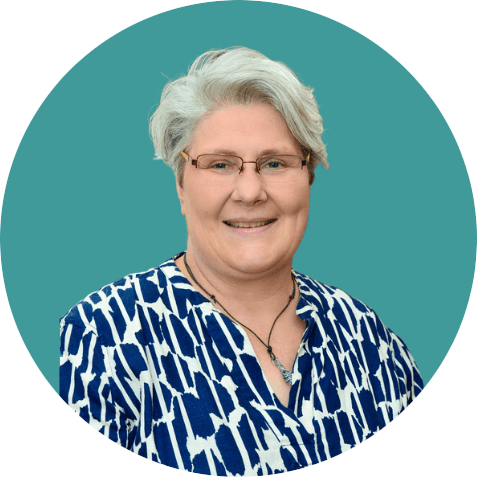
Annegret Stark, PhD,
University of KwaZulu-Natal
Research at Full Capacity
With new instrumentation in place, Dr. Stark was able to get her research agenda running at full capacity.
Now, she works closely with 10 postgraduate students to find novel approaches to using sugarcane-based biomass and agricultural wastes.
She is leading several new studies with her cohort of graduate students, all of who focus on using sugarcane-based biomass in alternative industries:
- Producing resin-free fiber boards with excellent properties from the sugarcane bagasse with chemical pre-treatment, which can be used in construction.
- Recovering lignin from bagasse, which is a kind of adhesive used in linoleum applications and can also act as a binder for fiber boards or charcoal briquettes.
- Using bagasse to produce glucose and a wide range of alcohols and carboxylic acids that glucose can be converted to through fermentation.
- Determining the potential of producing sugarcane wax for everyday applications. The plant’s natural wax covers the surface of the sugarcane plant and protects it from microbial infestation; when isolated, it can be turned into wax products that are organic and natural.
- Turning bagasse into fuel through pyrolysis, which converts the biomass to liquid that can then be refined into fuel.
The influx of equipment has been important for Dr. Stark and her students to investigate these complex chemical transformations. But the story doesn’t end here. At least, not in Dr. Stark’s mind.
“In all our projects, we focus on products and design processes that will have as little impact on our environment as possible,” she says. “Furthermore, the technologies used to convert biomass to products must be affordable in the South African context, result in products that can be sold mostly within the country, and create job opportunities for local people.”
Opportunities for local farmers
The goal has always been to provide additional opportunities to the local sugar industry.
Farming and producing only sugarcane do not necessarily make for a lucrative business. Many farmers struggle to survive, and Dr. Stark is insistent that producing these additional products can serve as a model to show other uses for sugarcane.
“Sugarcane is really a good example of the many opportunities nature supplies us with. My commitment is to show people the potential of using the materials that surround us. Residues from the local forestry industry, other agricultural or even municipal wastes, it doesn’t really matter,” she says. “What matters is to encourage creativity and out-of-the-box thinking. Instrumental Access equipment has been a big part of this. When you have wonderful equipment, people are inspired by what they can do with it.”
Dr. Stark’s example shows that science and engineering can be a brilliant vehicle to enhance responsible and sustainable production.
With the necessary instruments and equipment in place, she and her team have proven that even in the unlikeliest places, amazing things can happen.
